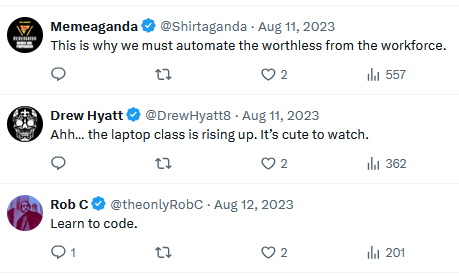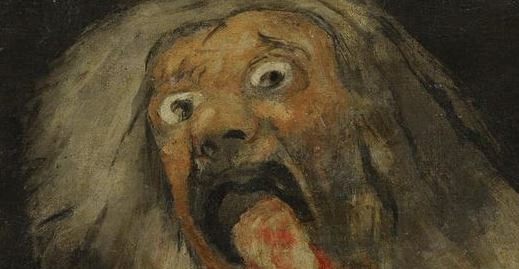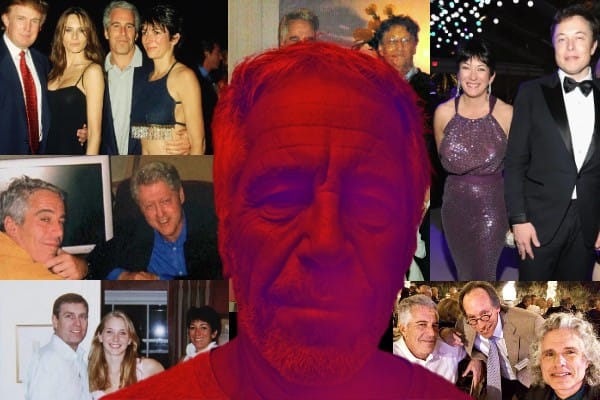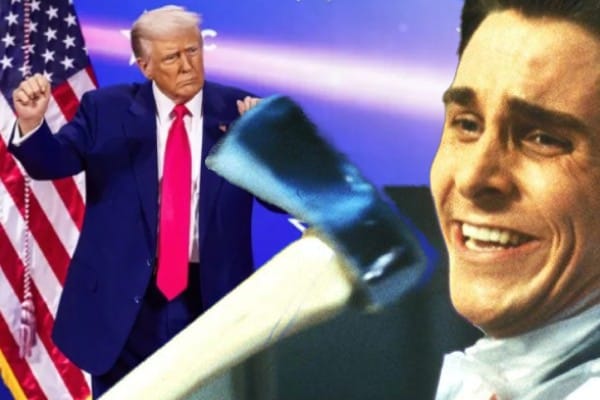🔒 AI Probably Won't Kill Hollywood

Google has just released its newest updated cinematic-quality video AI software, and the results are pretty phenomenal. It’s impressive enough to have reignited the cheers of the online dipshit chorus who feel they are finally one step closer to permanently vanquishing human civilization’s greatest enemy: People who create stuff.

This is the same wave of insufferable scorn that drenched social media during the 2023 combined actors and writers strikes, when a bunch of folks reacted to the potential for massive entertainment industry layoffs with a level of glee usually reserved for the introduction of new automated systems that might finally put all those uppity minimum wage workers back on the street where they belong.

Right-wing and reactionary cultures have a very strange and high-friction relationship with the media they consume in the sense that they all feel a desire to be entertained but they hate the people who create entertainment, virtually on principle, which goes a long way to explaining why they’re so mad at culture all the time.
There’s a number of things at play here, but I think a major element is that there’s the perception of creative work as requiring no skill, and how that contradicts how difficult it is to be successful at it, two concepts that many attempt to reconcile by imagining a conspiracy.
Combine that with the tendency to bemoan an overabundance of “woke” messaging, which I feel is also largely imagined even if it’s occasionally a valid complaint (and even then it’s usually more a result of poor writing rather than nefarious agenda insertion) then you have the makings of a legitimate scandal: Rich elites control the entertainment industry to push “messages” and “values,” and once you start seeing this as an actual conspiracy then confirmation bias will prevent you from really enjoying much of anything. “Messages” and “values” have been an innate part of storytelling since forever, and the argument can be made that storytelling evolved as a vessel for messages and values.

In any case, the excitement over AI potentially replacing the film industry can be understood as people viewing their own desire for entertainment as an addiction, and Google’s new MovieBot is a way for them to control their addiction, not by quitting it, but by removing the toxins from it, where the toxins are, in this case, the unknown agendas of strangers. The illusion of every addict is of course that there’s some way to continue to indulge without any of the harmful side effects (in this case, evil elite Wokes continuing to afford food and rent).

All that said, I’m skeptical that AI is actually going to do much to heavily disrupt the movie industry. I won’t say “never,” simply because that’s a bet that wouldn’t expire until the heat death of the universe, but I still don’t think it will happen any time soon and that’s because my prediction has nothing to do with the actual level of sophistication of the technology. People focus entirely on how good the AI is in replicating cinematic quality video and totally ignore unrelated aspects of psychology, like…
Free subscribers get access to this article on Friday 6-June




